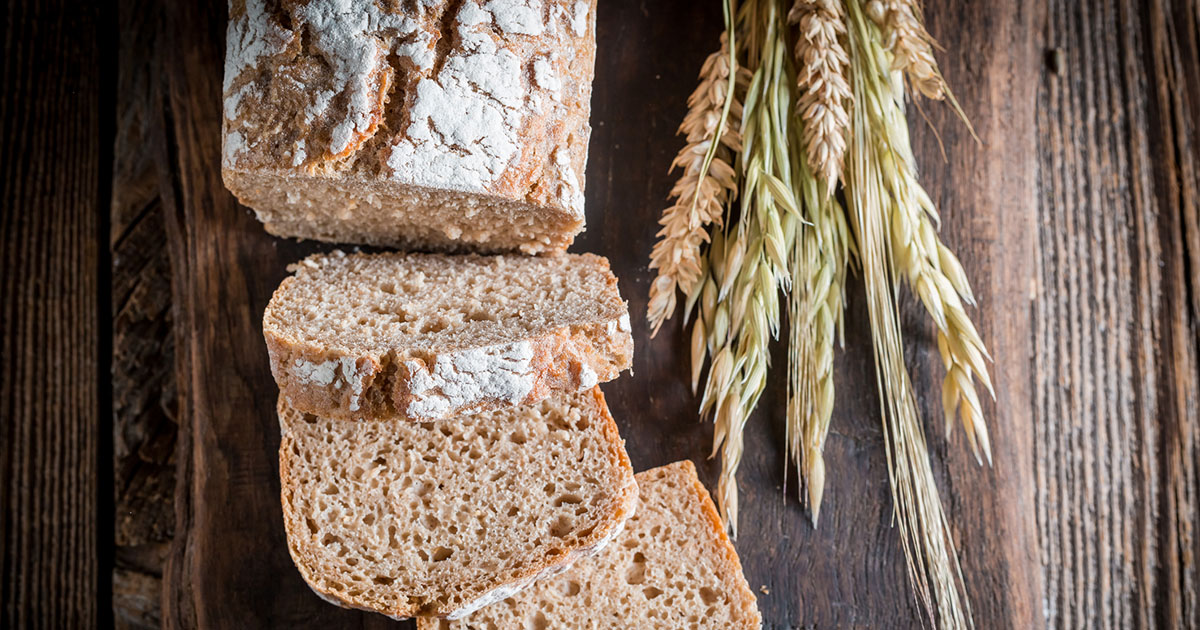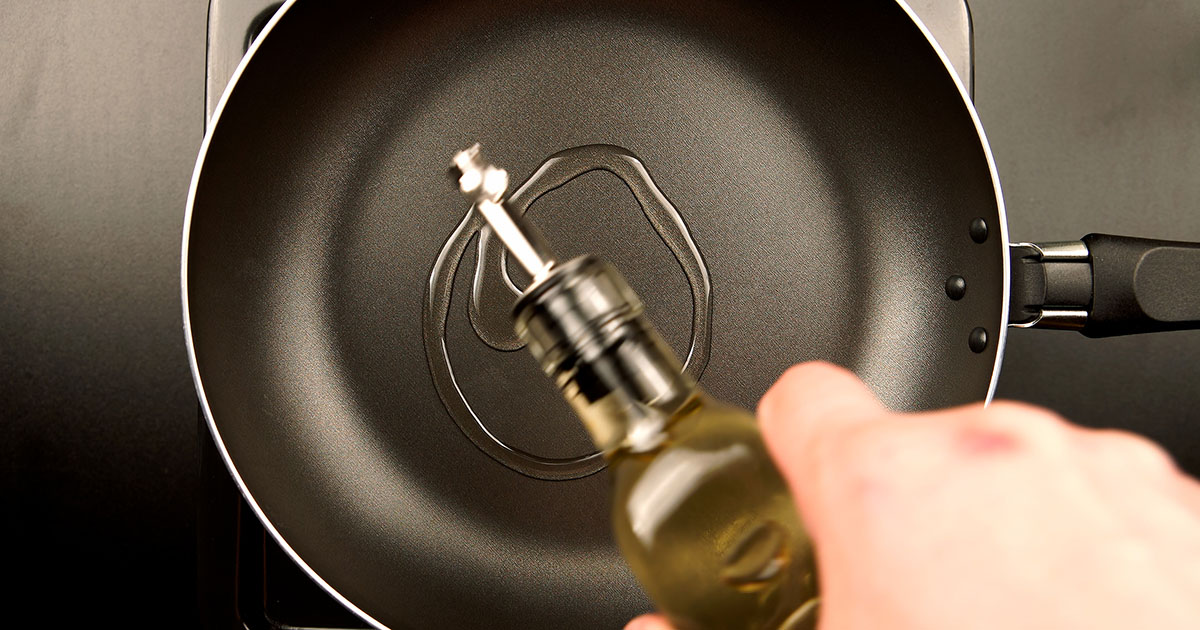How To Follow The Mediterranean Diet
Research has proven that the Mediterranean diet is a healthy one time and time again. It shows individuals who follow this diet are at a much lower risk of heart disease and related conditions, weigh less, and are less likely to develop dementia, depression, Parkinson's disease, and even cancer, particularly breast cancer among women. So what is this diet all about? How does an individual go about following it? It is time to answer these questions in detail, so keep reading to learn how to boost your health and follow the Mediterranean diet today!
Go For The Whole Grains

Everyone needs to include carbohydrates, specifically in the form of grains, in their diet. Many individuals simply reach for the refined white bread, pasta, and similar options. However, the Mediterranean diet shifts this focus onto whole wheat options, ancient grains and seeds instead. Thus, fill your grocery cart with brown rice, whole wheat pasta, quinoa, chia seeds, buckwheat, and bread full of other ancient grains. These whole grains help lower blood pressure, aid in digestion, manage weight, lower bad cholesterol, and keep individuals feeling full for longer, among many other health benefits. They do this through the vast array of vitamins and nutrients they contain, such as fiber, iron, and vitamin B, as well as the status of complex carbohydrates of many whole grain options.
Fats And Oils Are Not The Enemies

Many individuals believe they need to minimize the amount of fat and oil they consume in their diet if they wish to remain healthy. However, to follow the Mediterranean diet, individuals must do the opposite! Within reason, of course. For instance, instead of using butter or canola oil when cooking, turn to extra-virgin olive oil. Olive oil, particularly extra-virgin olive oil, is a rich source of monounsaturated fatty acids, which improves high-density lipoprotein cholesterol (the good kind) and thus reduces bad cholesterol. For an authentic Mediterranean taste, drizzle this oil on fish or chicken, use it in salad dressings, and as a pasta sauce.
Healthy fats to include in a good Mediterranean diet are omega-3 and omega-6s, both of which help to reduce the risk of heart disease, diabetes, and arthritis, as well as assisting in healthy hair and skin growth, and reducing depression. Aside from extra-virgin olive oil, good sources to include in a Mediterranean diet are avocados, garlic, walnuts, eggs, and fish.
